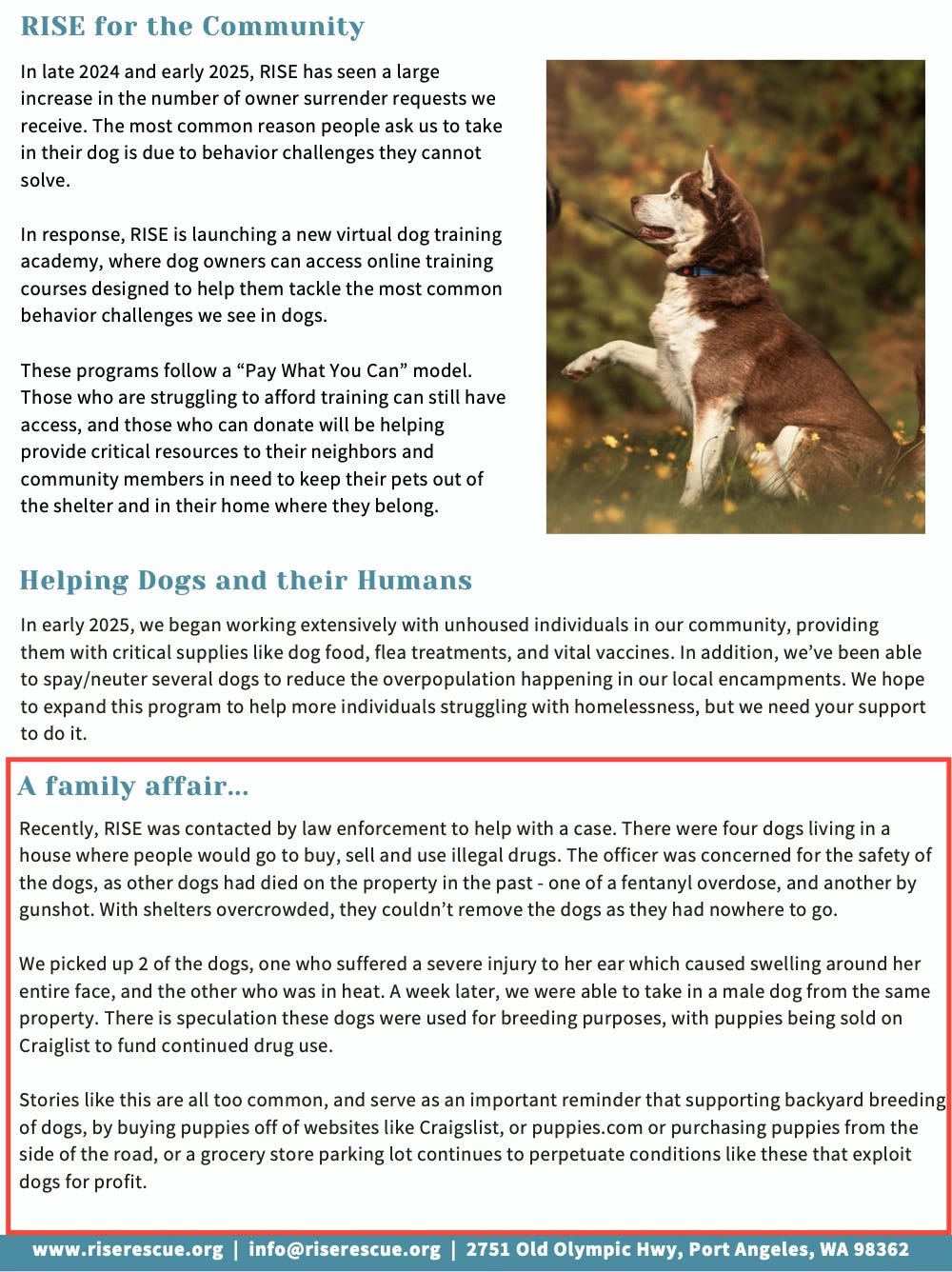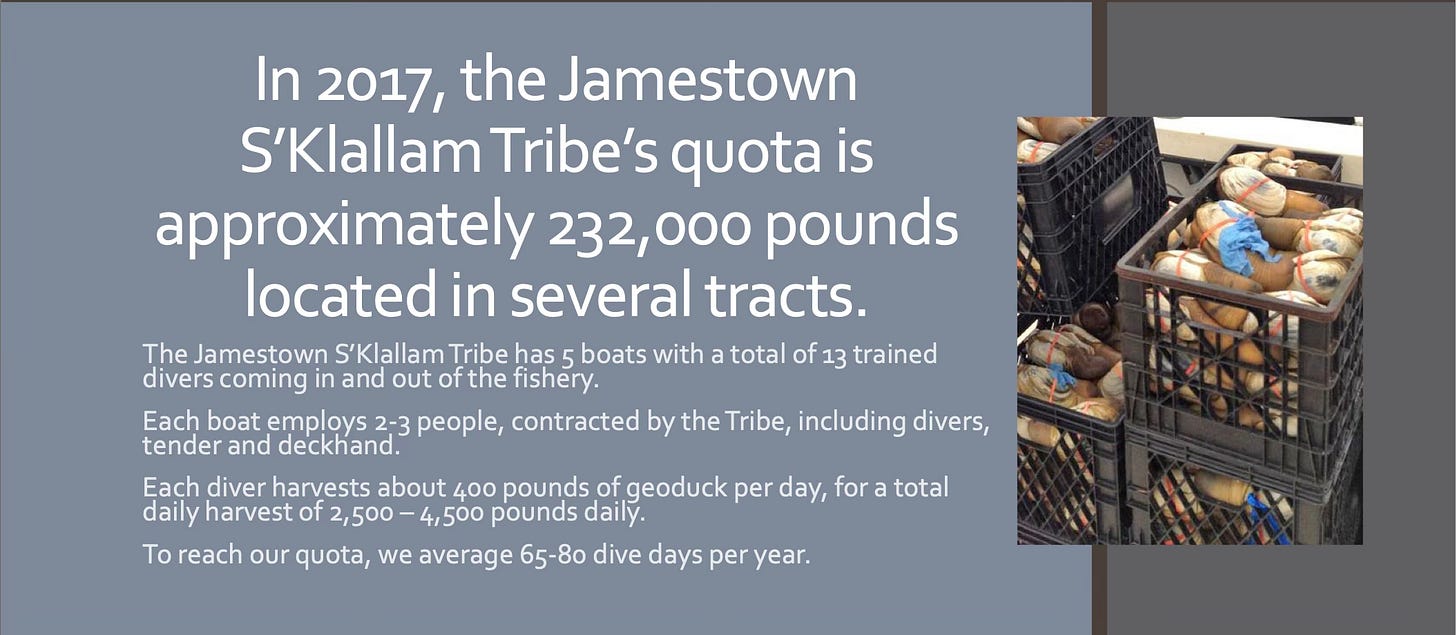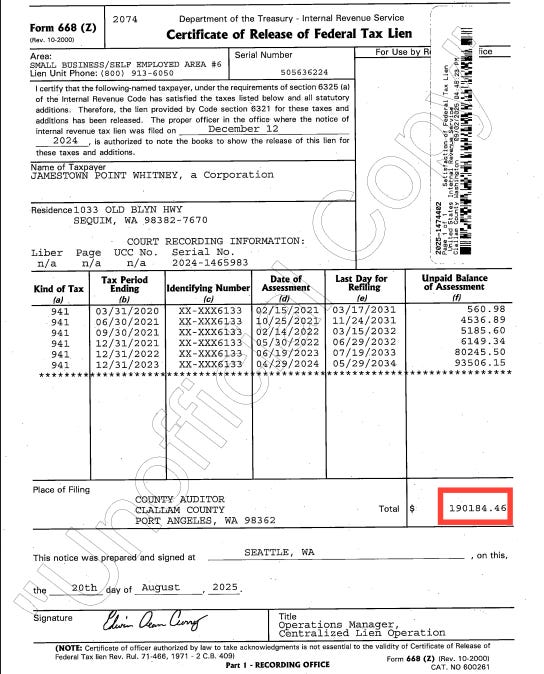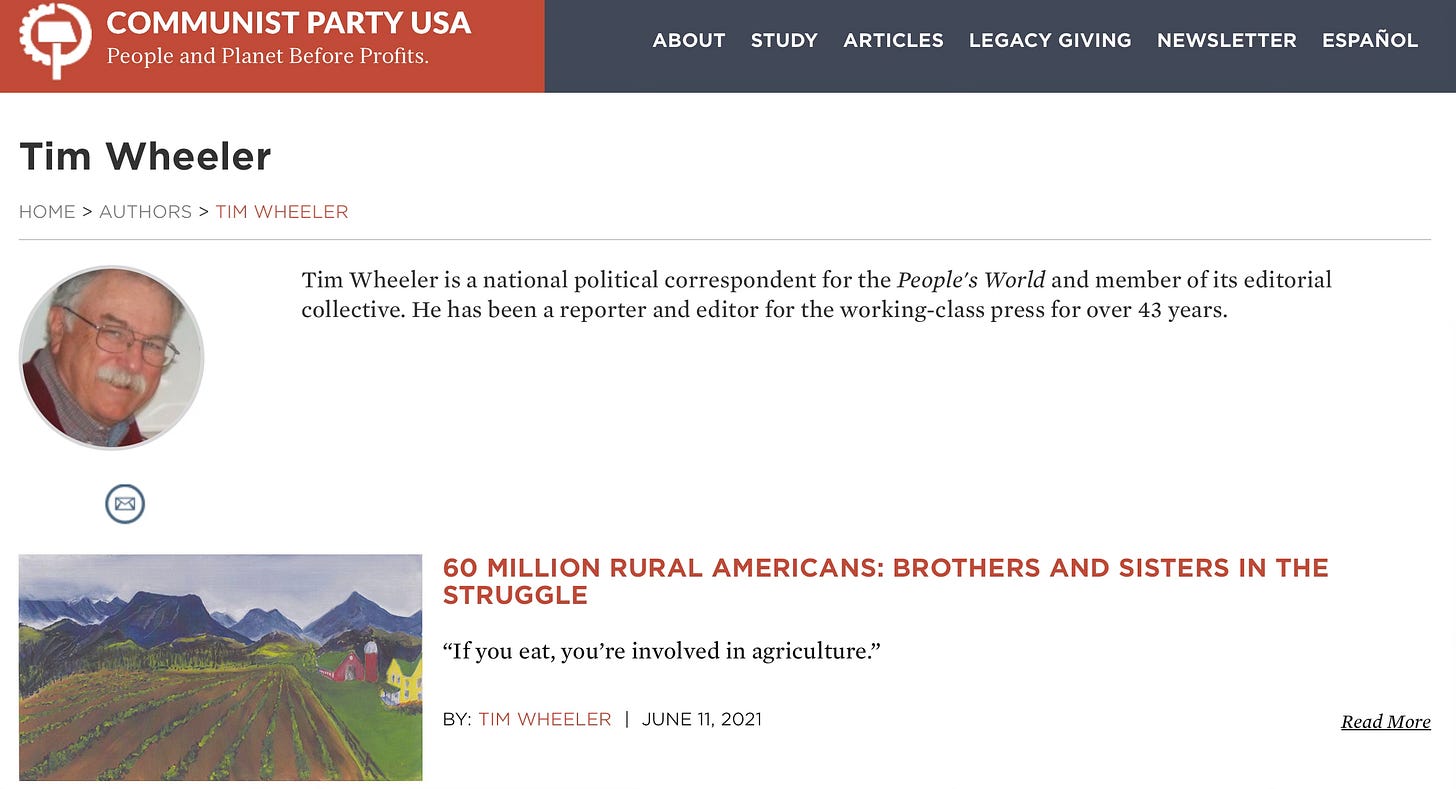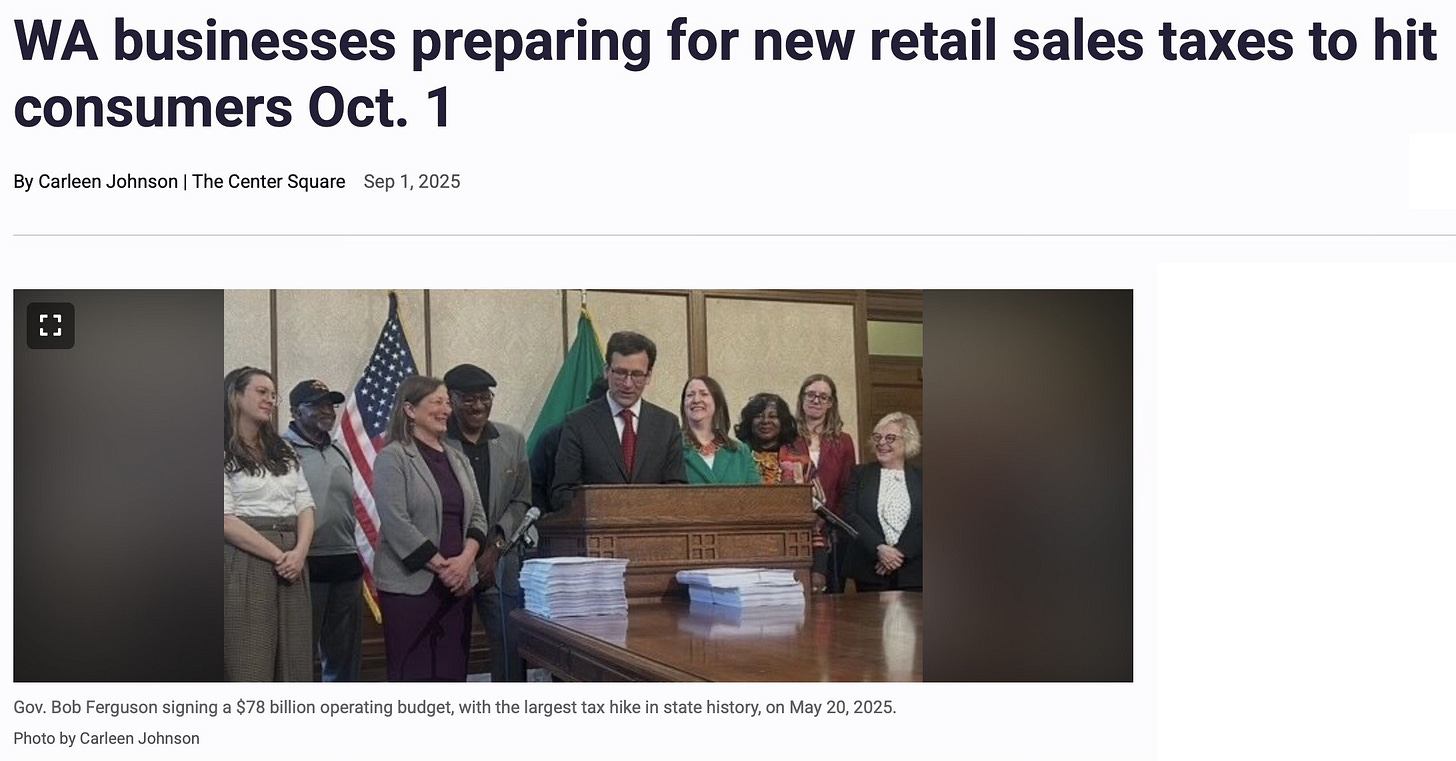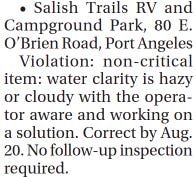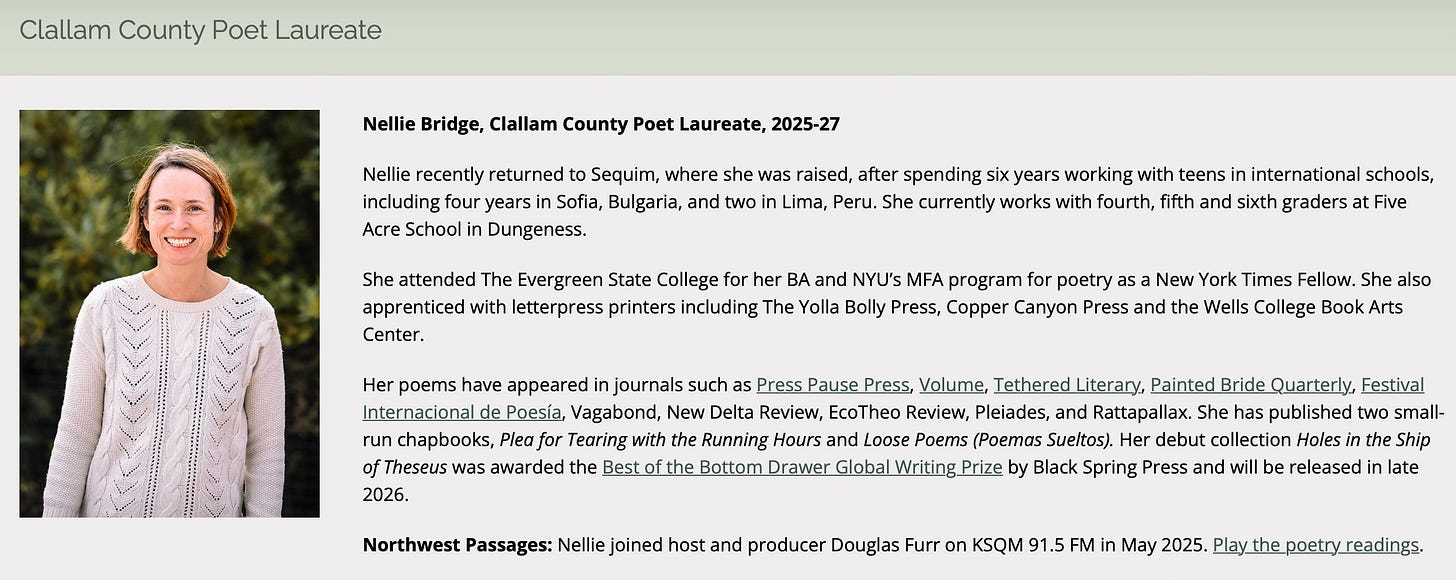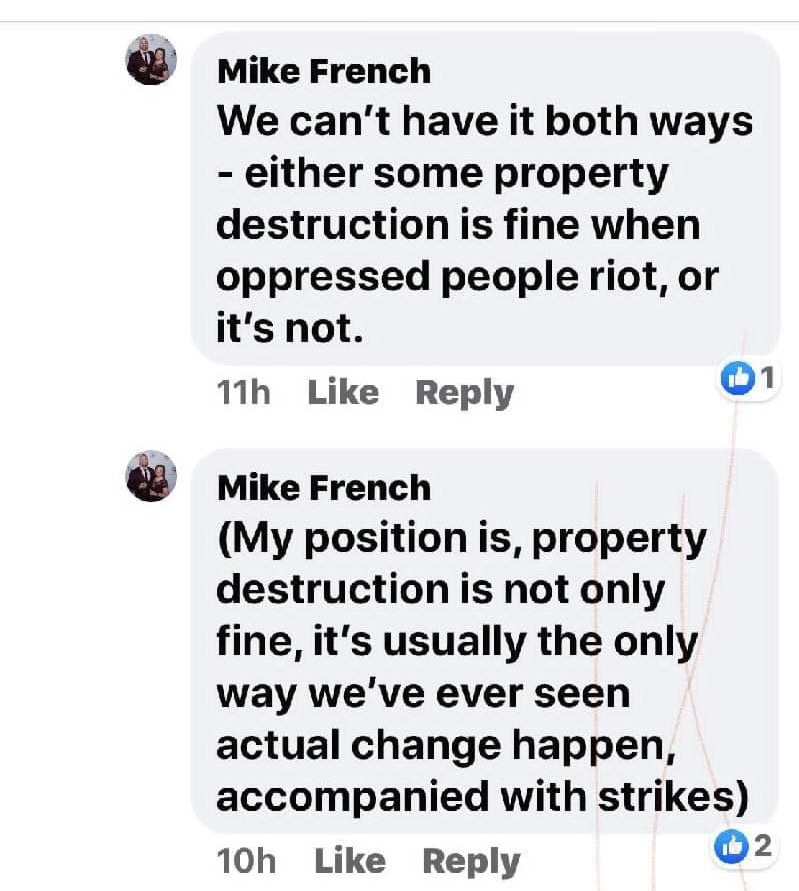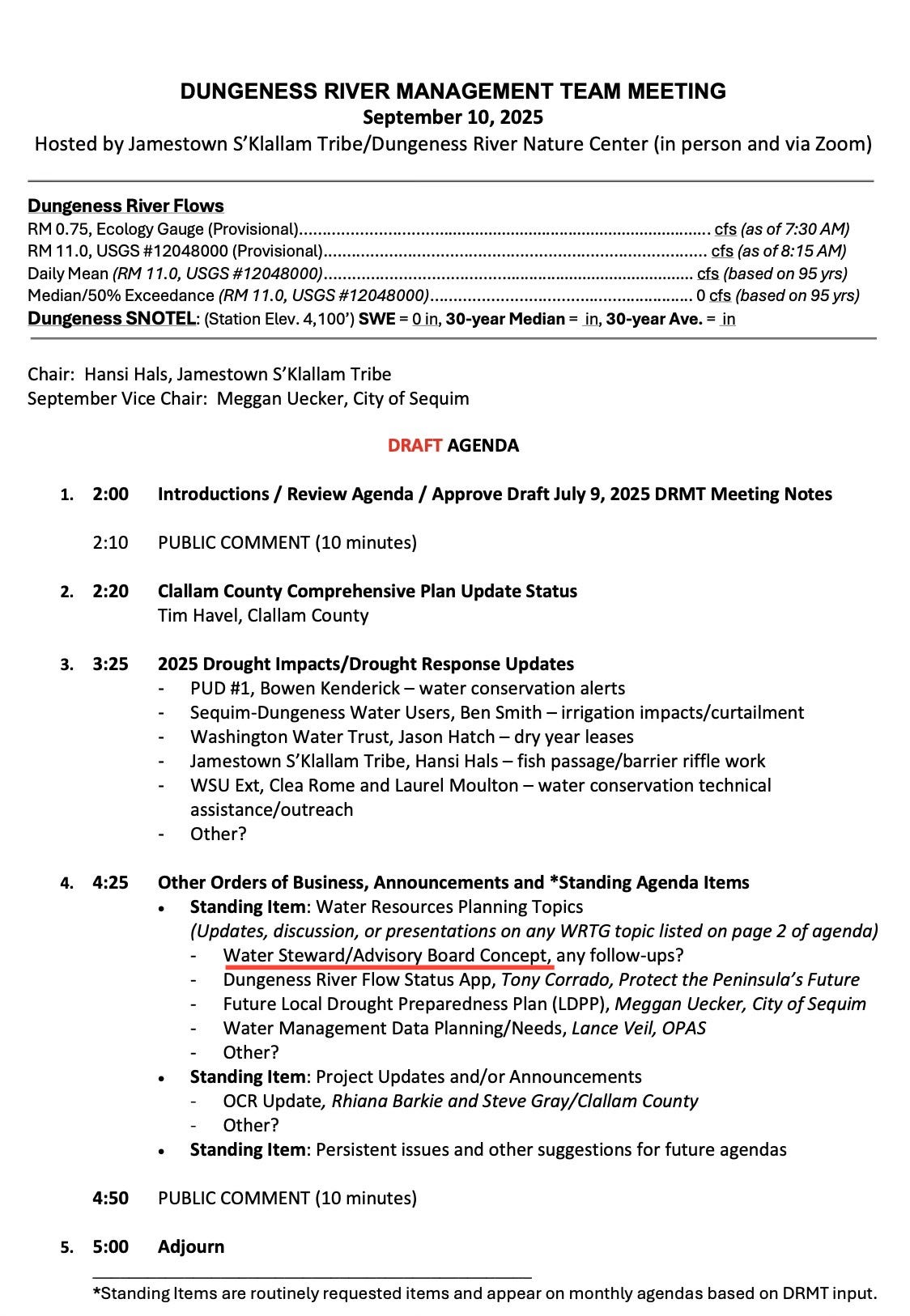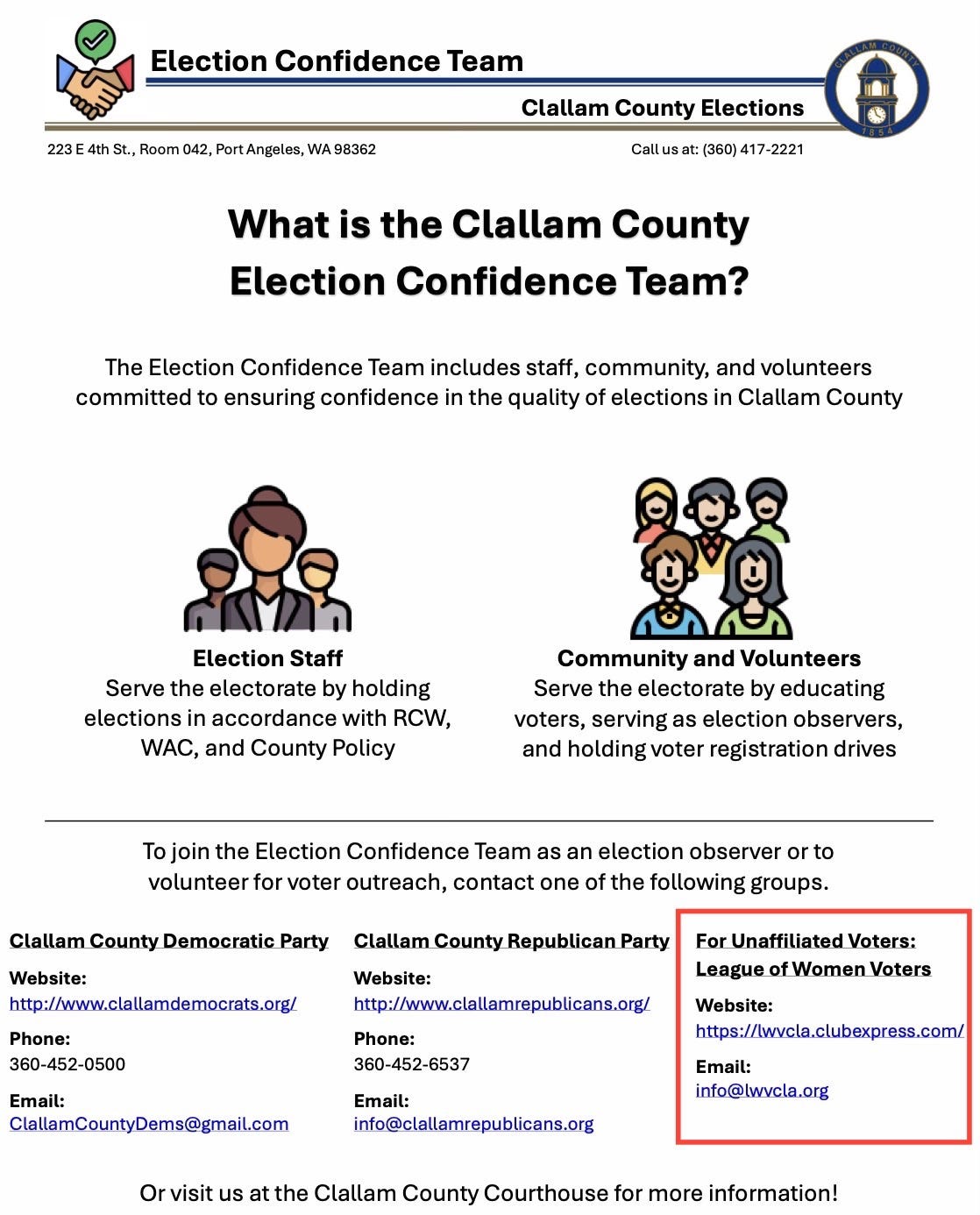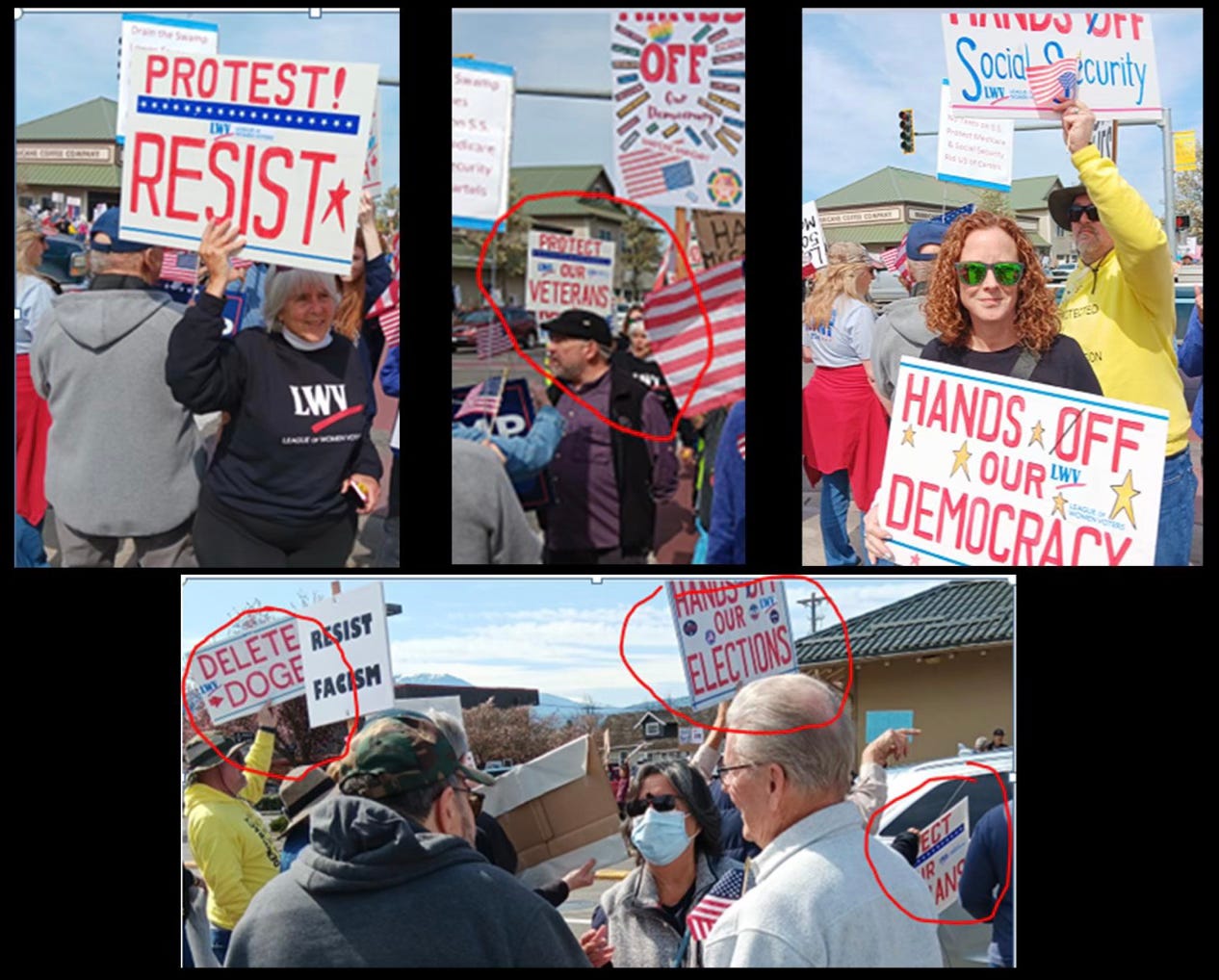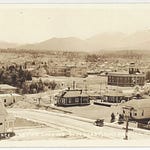From neglected dogs at drug houses to six-figure tribal tax liens, from new state sales taxes to “nonpartisan” groups pushing partisan agendas—Clallam County residents are being asked to pay more, trust more, and expect less. These ten short stories expose the double standards, misplaced priorities, and quiet power plays shaping our community.
Forgotten victims of our drug policies
In a county that hands out drug paraphernalia under the banner of “harm reduction,” the victims are easy to see: addicts slumped on sidewalks, businesses broken into, neighborhoods destabilized. But too often, we forget the silent victims—animals.
RISE Rescue Alliance recently shared a heartbreaking story. Deputies called them to a drug house where four dogs lived in dangerous conditions. Other dogs had already died there—one from a fentanyl overdose, another from a gunshot. Overcrowded shelters meant the dogs couldn’t all be saved at once. Two were taken immediately—one with a severe ear injury, another in heat. A week later, a male dog was rescued. Evidence suggests the dogs were bred for profit, with puppies sold on Craigslist to fuel the drug trade.
When you buy from backyard breeders or online listings, you might think you’re “rescuing” a dog—but you’re really funding the same cycle of suffering.
RISE rescue alliance could use your help. Learn more here.
Jamestown Tribe’s big payout to the IRS
The Jamestown S’Klallam Tribe runs a booming geoduck operation out of Point Whitney near Brinnon in Jefferson County—five boats, 13 divers, thousands of pounds harvested daily, much of it sold to Asia. It’s a highly profitable enterprise, which makes their recent tax record surprising.
A Notice of Federal Tax Lien filed in December showed unpaid taxes. The balance had been ballooning from $560 in 2021 to over $93,000. Last month, the Tribe paid off $190,184.46.
Meanwhile, local families are struggling to keep up with ever-higher property taxes. The county commissioners keep looking for new ways to tax residents—while one of the most powerful entities in the county was ignoring its own IRS bill.
If you eat or drink, you need the CCD?
At the Clallam Conservation District, a curious new sales pitch has emerged. Supervisor Christy Cox asked, “Do you eat food?” Then you need the CCD. Supervisor Maggie Bockart added, “Do you drink water?” Then you better support the $5 parcel fee.
The logic is reminiscent of Sequim’s Tim Wheeler—the Clallam County Democrat’s District One trustee. He is also a reporter who once wrote that “If you eat, you’re involved in agriculture.”
The article was featured in a publication Wheeler has been contributing to for over 43 years—Communist Party USA.
In the article, Wheeler manages to link rural America not to farming, but to the KKK, domestic terrorism, and bigotry.
So here’s our counter-argument: Do you have ears? Then you need to be listening to the Clallam County Watchdog podcast—which just passed 700,000 downloads.
Here comes more taxes
If you think your wallet is safe after covering the Clallam Conservation District fee, Fire District 3’s levy, OMC’s levy, the looming property tax hike vote this November, plus the Commissioners’ push for a Cultural Access Tax and even a Criminal Justice Tax next year—think again.
On October 1, Washington’s new sales tax expansion takes effect, according to the Center Square. Services like advertising, IT, custom software, and even “presentations” will now be taxed.
And that’s not all. The business & occupation (B&O) tax hike will strip another $5.6 billion from businesses statewide over four years. Some defend the hikes as “difficult decisions,” but for families already paying more for food, gas, and housing, it looks more like bad decisions.
Tribal land, no inspections required
Once property is placed into tribal trust, it’s exempt from property taxes, zoning, and even health inspections. County officials explained it plainly back in 2020: food establishments on trust land may be inspected “by invitation only.”
Recently, the Jamestown Tribe’s Salish Trails property (the old KOA campground) was cited for a minor violation. But that’s only because the land hasn’t yet been converted to trust status.
Something to remember next time you eat out.
Luxury standards, local struggles
Washington wants your feedback on its Evergreen Sustainable Development Standards (ESDS). These rules require state-funded projects—like Peninsula Behavioral Health’s (PBH) North View apartments or the new Sequim Library—to include EV chargers and solar panels, luxury appliances, and more (contrary to claims made by PBH and Commissioner Mike French, they do not require dishwashers).
What the Evergreen Standards really require are costs so high that projects become unaffordable in places like Clallam—where the median income is half that of King County, yet prevailing wages for construction are tied to the Puget Sound region. The result? Fewer housing units, higher rents, and taxpayers forced to subsidize ‘green luxury’ that most can’t afford themselves. Make your voice heard—take the six-question survey here.
Sheriff’s cuts, poet’s safe
With another historic deficit looming, county commissioners must choose what to cut. Public safety? Maybe. The poet laureate? Safe so far.
Sheriff King reported to the commissioners during a recent work session that Clallam County has 0.8 deputies per 1,000 residents, far below the national average of 2.4. Washington as a whole ranks dead last—51st out of 50 states plus D.C.
Attracting officers is already difficult. Now imagine being told by an elected official that “property destruction is not only fine, it’s usually the only way we’ve ever seen actual change happen.” Cuts plus contempt—what message does that send to those who risk their lives for public safety?
Water politics, round two
Next Wednesday, the Dungeness River Management Team (DRMT) will discuss a “Water Steward/Advisory Board Concept.” Sound familiar? It’s a follow-up to the Charter Review Commission’s attempt to create a new county water department—a proposal overwhelmingly rejected by the public.
The DRMT is chaired by the Jamestown Tribe’s Hansi Hals, with Commissioner Mark Ozias representing the county. Meetings are held at the Tribe’s nature center on sovereign land. The public may attend—but the Zoom link is only provided if you sign up for email invites here.
Transparency, anyone?
Who pushed the Water Steward idea?
The answer: the League of Women Voters of Clallam County. They’ve made water governance their mission, partnering with the Conservation District, Jamestown Tribe, North Olympic Land Trust, and others to produce a film, From Source to Sea.
The message? Water “ownership” must be clarified—translation: more layers of control, fewer rights for property owners.
Neutral? Not quite.
Clallam County’s website labels the League of Women Voters a “political party.” Yet Elections lists them as a “resource for unaffiliated voters”—alongside the Democrats and Republicans.
Look at recent Sequim protests and you’ll see LWV logos on signs, buttons, and banners.
Neutral? Hardly. But when county officials give them credibility as an unaffiliated nonpartisan resource, it’s another case of government picking favorites while pretending to stay above the fray.



